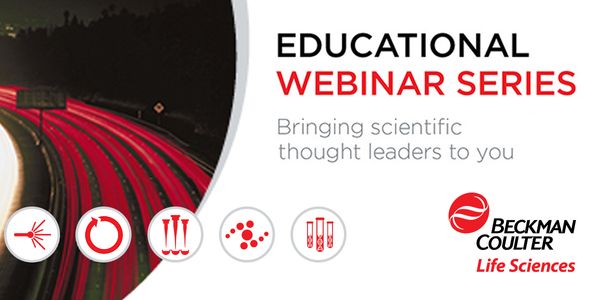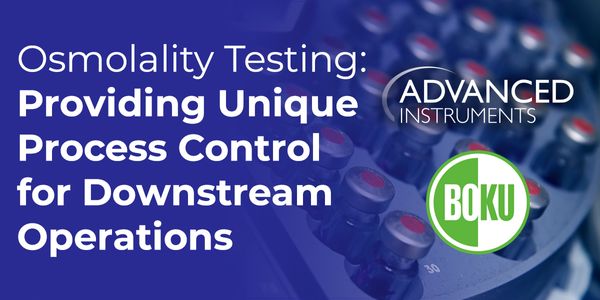SEP 03, 2020 | 9:00 AM
DATE: September 3, 2020 TIME: 09:00am PT, 12:00pm ET xxx Learning Objectives: xxx Webinars will be available for unlimited on-demand viewing after live event. LabRoots is approved as a provi...
AUG 11, 2020 | 10:00 AM
DATE: August 11, 2020 TIME: 10:00am PDT, 1:00pm EDT Biopharma researchers facing a difficult time adopting CE-SDS for purity/heterogeneity analysis of new protein modalities can now...
Scientific posters haven't changed in 30 years, which should be alarming to you (nothing in science should be stagnant). And evidence suggests they are incredibly ineffective. In this ta...
Recent advances in super-resolution fluorescence microscopy based on single-molecule imaging have led to ~10 nm spatial resolution and exciting science. We are developing new approaches to a...























